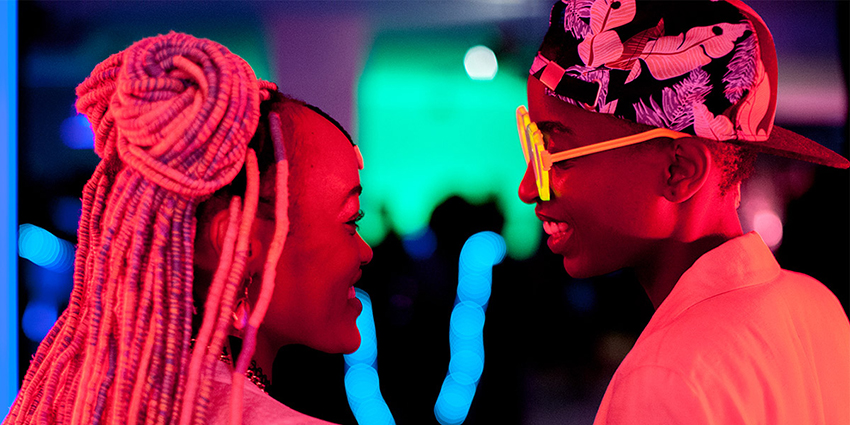Amidst the socio-political unease of the world, filmmakers this year have seemed preoccupied with examining the ways that adults sometimes struggle with protecting the children they care for. There were two notable scenes from separate films, which both had their North American premiere at September’s Toronto International Film Festival (TIFF), which seemed to be speaking to each other across continents; the Kenyan film “Rafiki” and the American film “Boy Erased.” The two LGBTQ films seemed to emphasise the theme of adult malfeasance in significant ways.
In “Boy Erased” the moment is one the film seems to have been inevitably crawling toward. In the film, Jared Eamons is the son of a Baptist pastor sent to a gay conversion therapy programme after being outed to his parents. Despite the almost banal allure of normalcy and positivity the therapy sessions try to at first induce, we know that this cannot and will not end well. And so, in a late scene one, of the boys who is not responding to the “treatment” is the victim of a quasi-demon-exorcism scene. Prostrate on the ground, the boy lies on the ground as he is beaten with a bible. The bible thumps on his back continuously, the sound resounding throughout the room, as the demons are commanded to leave him.
The moment is reflected in a scene later on in “Rafiki”, a film where two young girls’ burgeoning romance is threatened by the societal and religious responsibilities that affect Kenya, where homosexuality is illegal. A girl sits in a church as a group of church women attempt to expel the demon of homosexuality from her.

